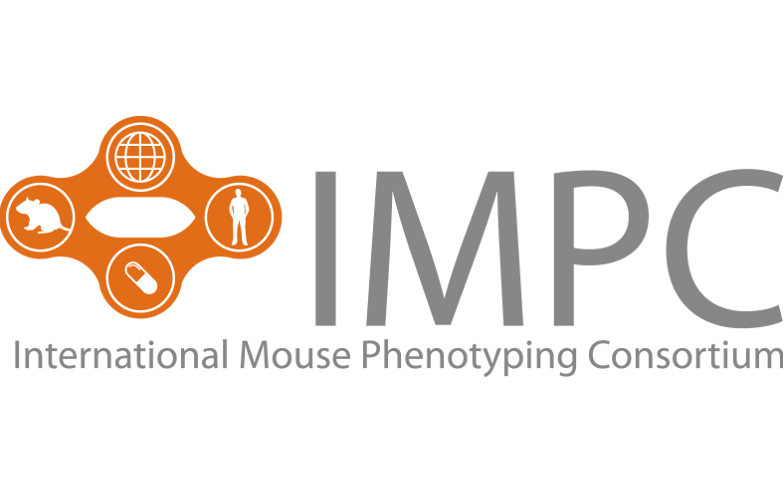|
초록
|
The Hippo signaling pathway plays a crucial role in cell proliferation, apoptosis, differentiation, and development. Major effectors of the Hippo signaling pathway include the transcriptional co-activators Yes-associated protein 1 (YAP) and WW domain-containing transcription regulator protein 1 (TAZ). The transcriptional activities of YAP and TAZ are affected by interactions with proteins from many diverse signaling pathways as well as responses to the external environment. High YAP and TAZ activity has been observed in many cancer types, and functional dysregulation of Hippo signaling enhances the oncogenic properties of YAP and TAZ and promotes cancer development. Many biological elements, including mechanical strain on the cell, cell polarity/adhesion molecules, other signaling pathways (e.g., G-protein-coupled receptor, epidermal growth factor receptor, Wnt, Notch, and transforming growth factor β/bone morphogenic protein), and cellular metabolic status, can promote oncogenesis through synergistic association with components of the Hippo signaling pathway. Here, we review the signaling networks that interact with the Hippo signaling pathway and discuss the potential of using drugs that inhibit YAP and TAZ activity for cancer therapy.
|






